While it’s certainly not the fun part of RVing and camping, accidents are still a reality; and even the best-laid plans can get derailed by an act of nature, or an overzealous neighbor backing in. While we can’t entirely stop bad things from happening, we can offer a few tips on how to avoid some of the more common RV and outdoor accidents.
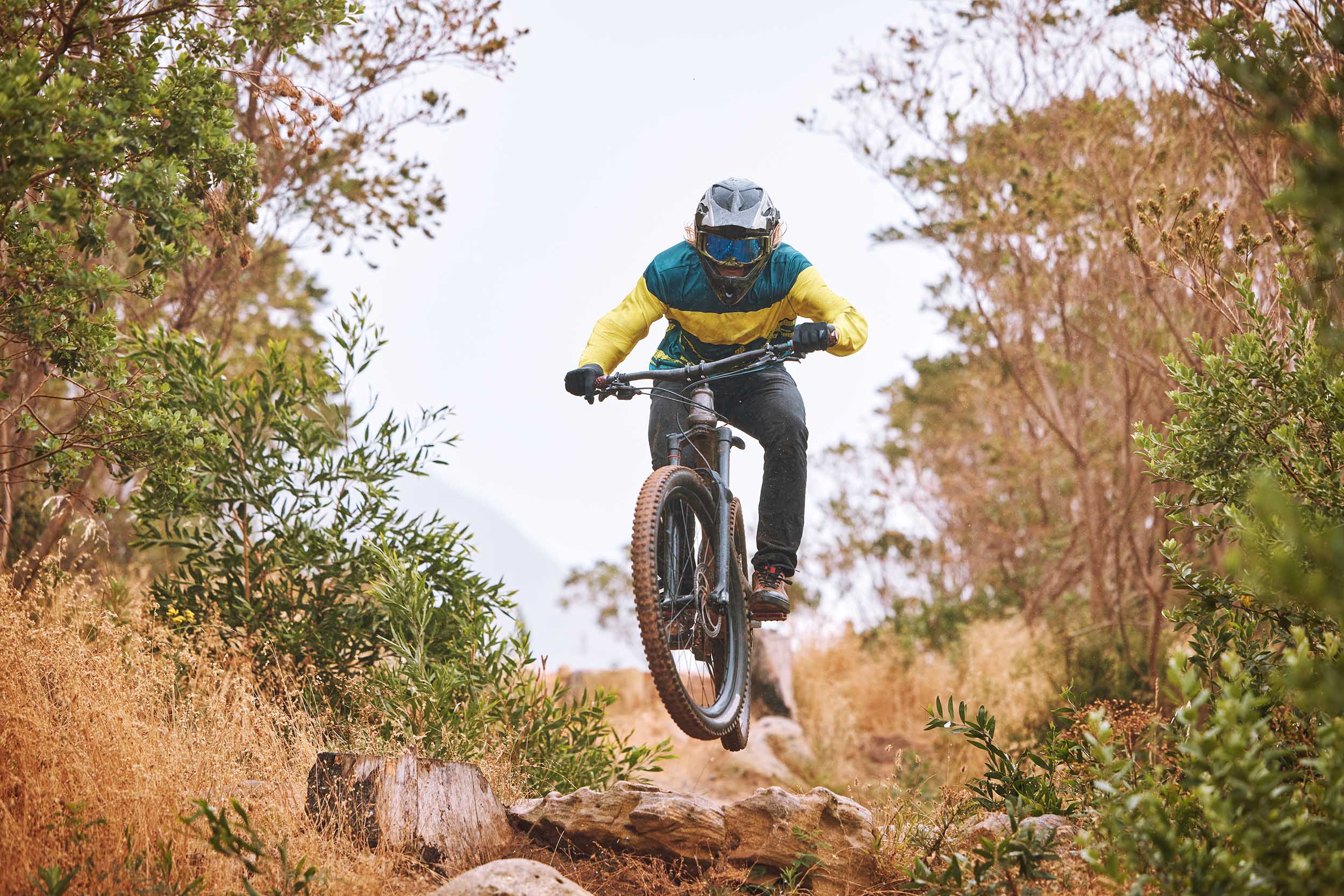
Common RV accidents
While RVs are still safer than other vehicles, on average there are about 75,000 RV-related hospitalizations a year. Most of them can be attributed to trailer sway or speeding, but here are a few additional considerations.
Tire blowouts
Tire blowouts are more common with RVs than most other vehicles, and can obviously create greater risk for everyone on the road – especially when moving at higher speeds. To prevent a blowout make sure you check your tire pressure regularly, rotate every 6,000 to 8,000 miles, and replace every 3 to 6 years (or at the first signs of balding tread).
For more information on proper tire maintenance or tips for replacement check out our comprehensive tire and wheel guide.
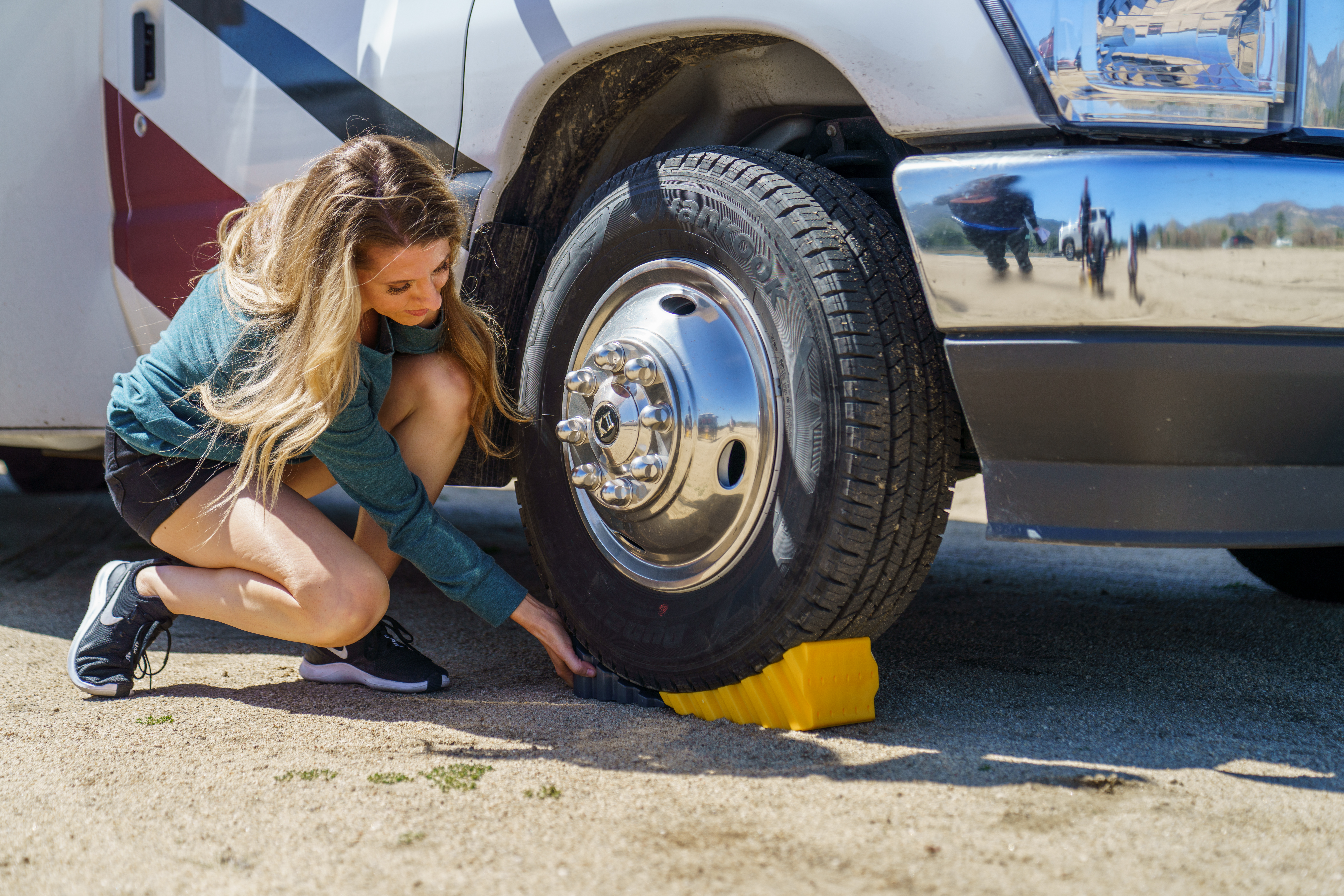
Backing accidents
We’ve all been there. You throw the vehicle in reverse and fail to properly account for your surroundings. Next thing you know you’re exchanging unpleasantries and insurance information with the neighbor in the campsite nextdoor. To prevent unneccesary unpleasant exchanges, have a spotter to guide you while backing in, use rearview cameras and senors to monitor your surroundings, and avoid backing up in areas where visibility is limited.
Rear-end collisions
The only thing more dangerous than an aggressive driver riding your bumper is an aggressive driver riding your bumper in a large recreational vehicle. As you can imagine, stopping an RV requires significantly more time and space than a car – so it’s generally a good idea to always give yourself at least 10 seconds to slow down in the event of a sudden stop.
Blind spots
Even for thoughtful RV drivers, the reality is that there will still be other drivers on the road who don’t account for the fact that your vehicle has substantial blind spots – making it all the more challenging to change lanes. To mitigate the chance of a side swipe, regularly check your side mirrors and monitor your surroundings – while signaling well ahead of time before switching lanes.
Rollovers
High speeds and high winds make it easier for an overloaded RV to tip over. Make it a point not to overload your RV beyond its recommended capacity, as well as to drive at a safe speed – avoiding any sudden turns or movements.
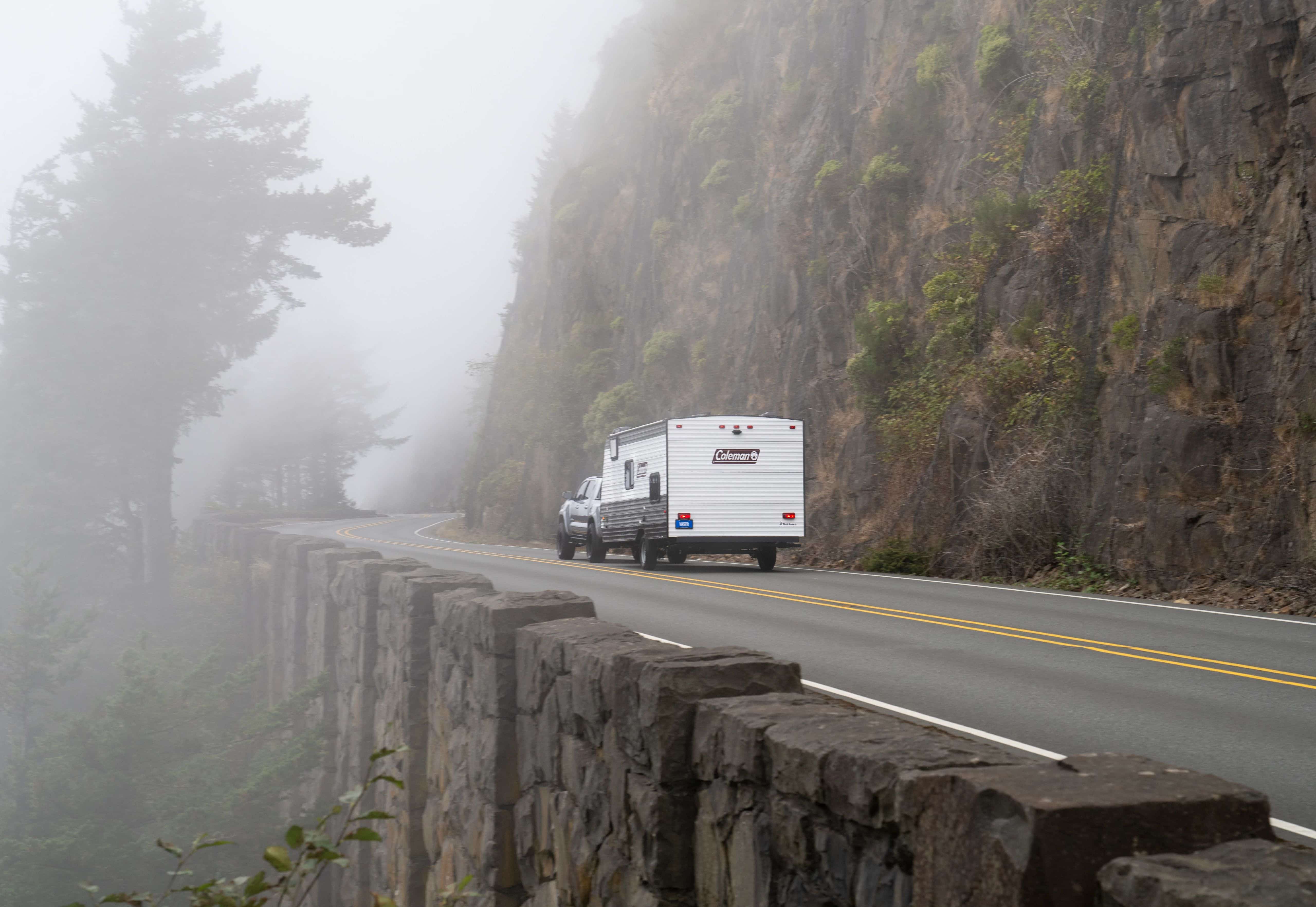
Common outdoor accidents
Obviously, we love camping and believe that the pros far outweigh the cons, but it would still be prudent to remember that there are still precautions worth taking.
Tripping and falling
While this may seem like a silly way to start this list, one of the most common (and most avoidable) forms of injury while camping comes from falling. Whether someone’s wearing improper footwear, or just trying to get a little too close to the edge for that “perfect” picture, it’s just better to play it safe. Wear appropriate shoes for hiking, slow down, and consider walking with a pole on more uneven terrain.
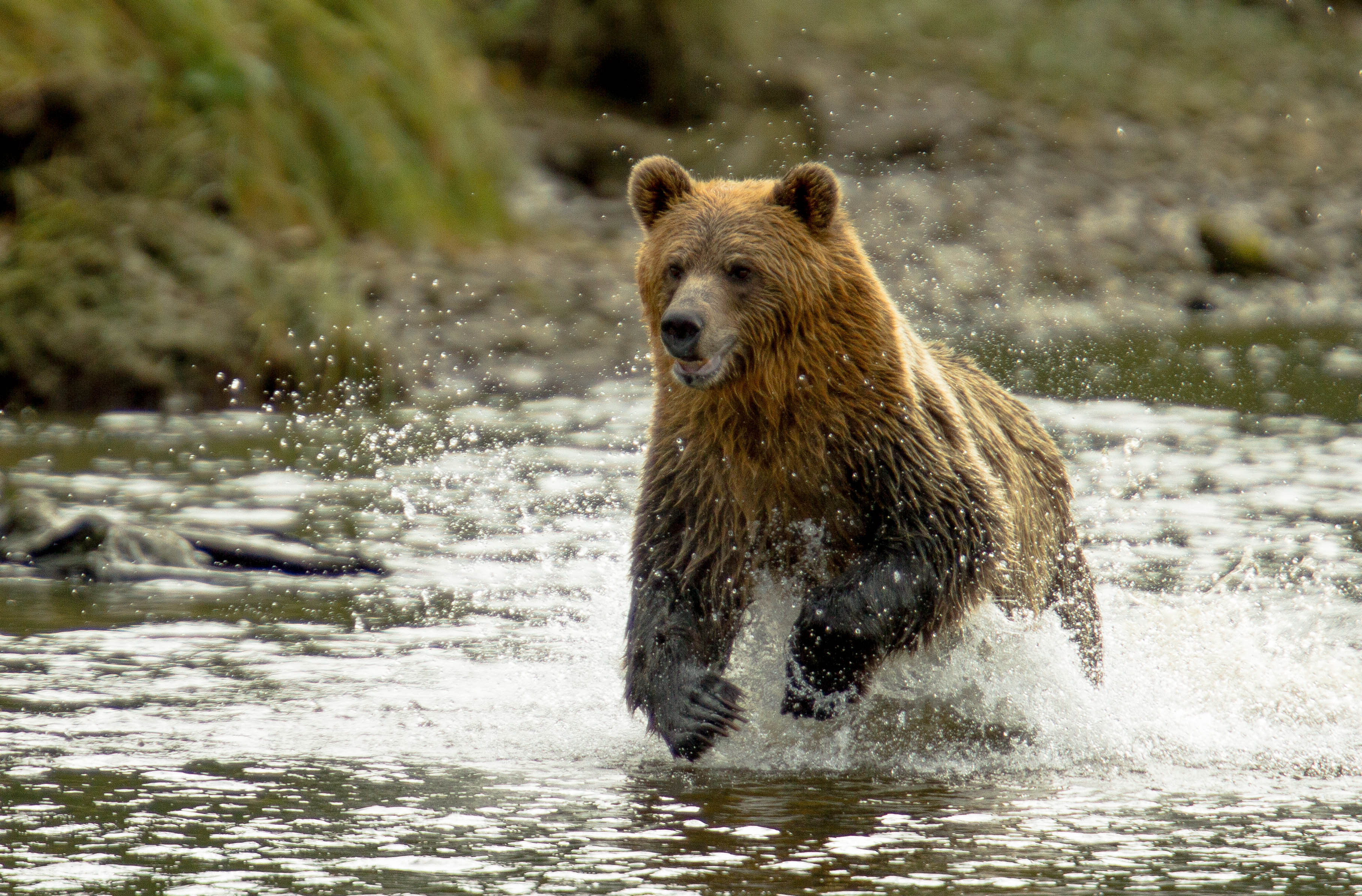
Wildlife encounters
Possibly the most exciting and terrifying entry on this list is running into dangerous wildlife. Regardless of whether if it’s a bear, a moose, a bobcat or some other wild creature, you would do well to keep your distance. These animals are unpredictable and usually want nothing to do with you. That being said, keep your campsite clean and your food in an airtight container, and never feed them.
Sunburns
While this is an obvious entry, there are still 63,000 new cases of melanoma each year that could’ve been avoided with the proper amount of protection. Use something that’s at least SPF 30 (if not higher), and consider wearing and a hat and clothing that provides more coverage when outside for a prolonged period of time.
Poisonous plants
While the bad actors aren’t always as obvious, make it a habit to start familiarizing yourself with different types of poisonous plants, and wear long sleeves and pants while avoiding contact. It also wouldn’t hurt to carry some insect repellent to ward off any bug bites.
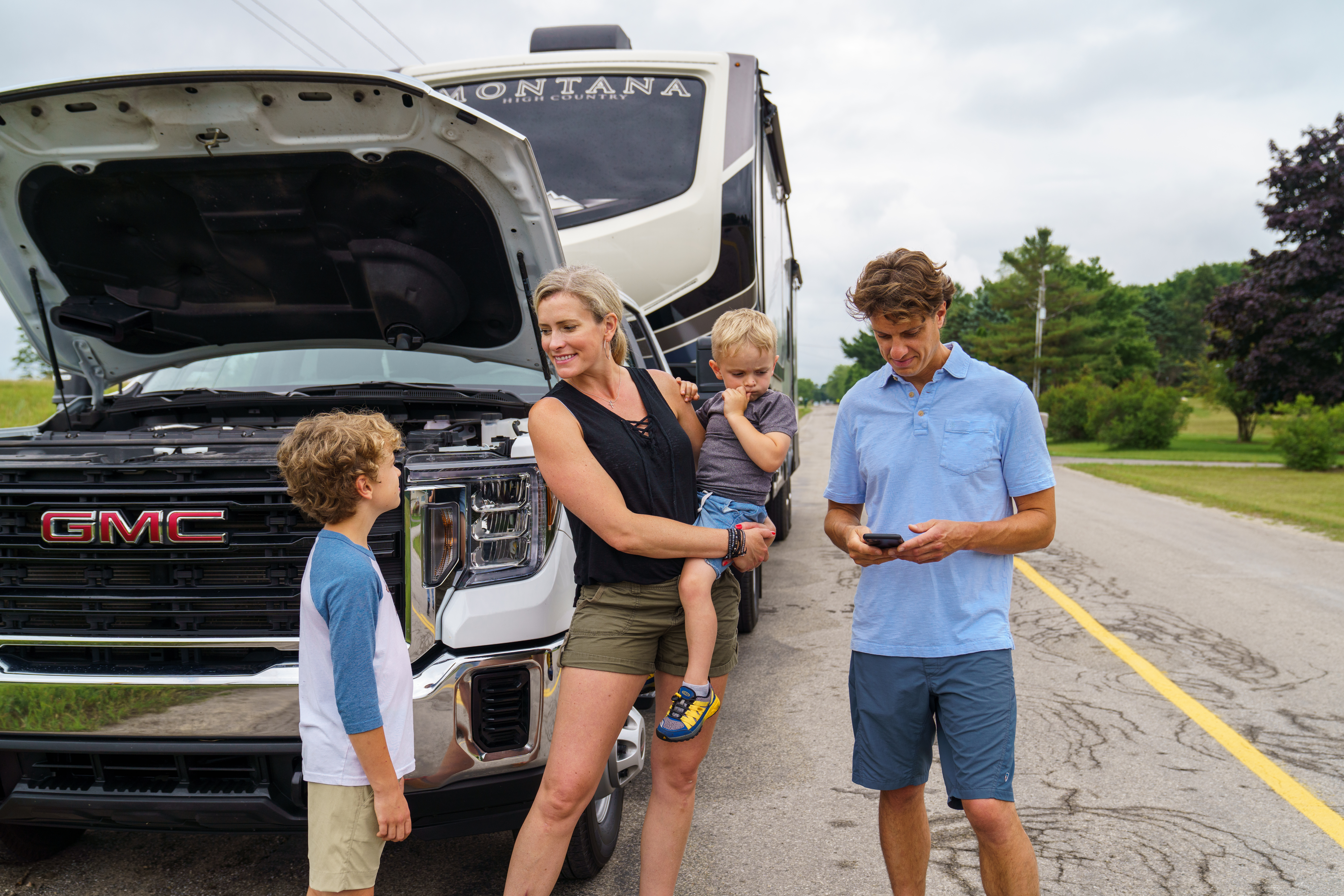
Don’t get caught off-guard
No matter how prepared you are, emergencies still happen when you least expect them. Good Sam Travel Assist covers the gap from coordinating emergency medical transportation, returning your RV after an incident, or even making sure your pets get taken care of.
The post Common RV & Outdoor Accidents to Prevent appeared first on Good Sam Camping Blog.